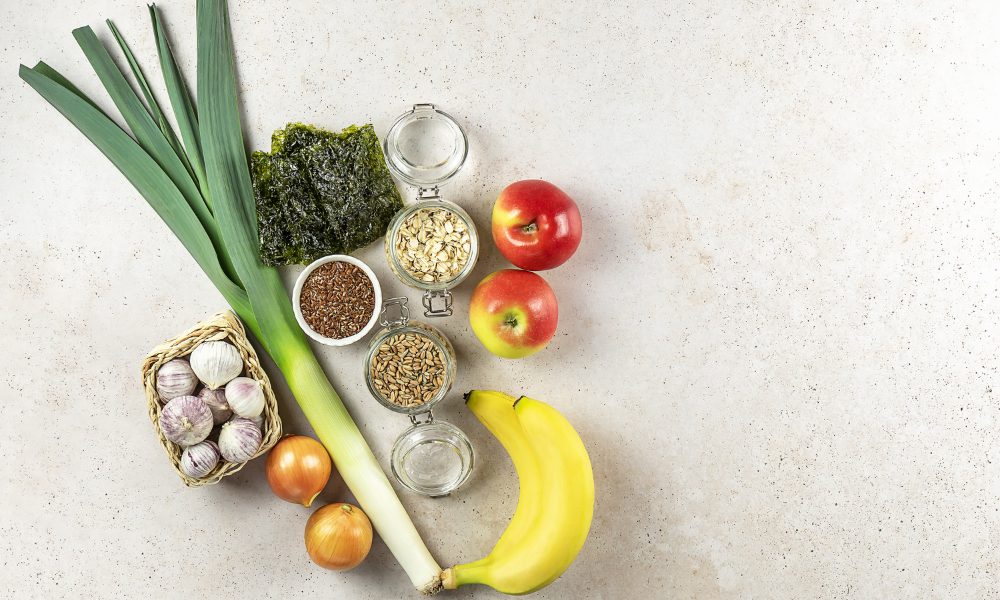What Is A Prebiotic?

When discussing gut health, the terms 'probiotics' and 'prebiotics' frequently pop up. While many of us are familiar with probiotics, the role of prebiotics is equally crucial, especially for our children's health.
Understanding Prebiotics
Prebiotics are non-digestible parts of foods that go through the small intestine undigested and are fermented when they reach the large colon. They act as food for beneficial bacteria in our gut, promoting their growth and activity. Essentially, while probiotics introduce good bacteria into the gut, prebiotics feed the beneficial bacteria that already reside there.
The Importance of Prebiotics
Prebiotics offer a range of benefits:
- Promote a balanced gut flora.
- Enhance calcium absorption, essential for your child's bone health.
- Boost the immune system.
- Support bowel regularity.
Incorporating Prebiotics into Your Child's Routine
Ensuring your child consumes a diet rich in prebiotics is easier than you might think. Many everyday foods naturally contain them:
- Whole grains like oats and barley.
- Vegetables such as garlic, onions, and leeks.
- Fruits like bananas and apples.
- Breast milk for infants.
Prebiotics play a vital role in maintaining gut health and overall well-being. By integrating prebiotic-rich foods into your child's diet, you're ensuring a healthier and happier future for them.



